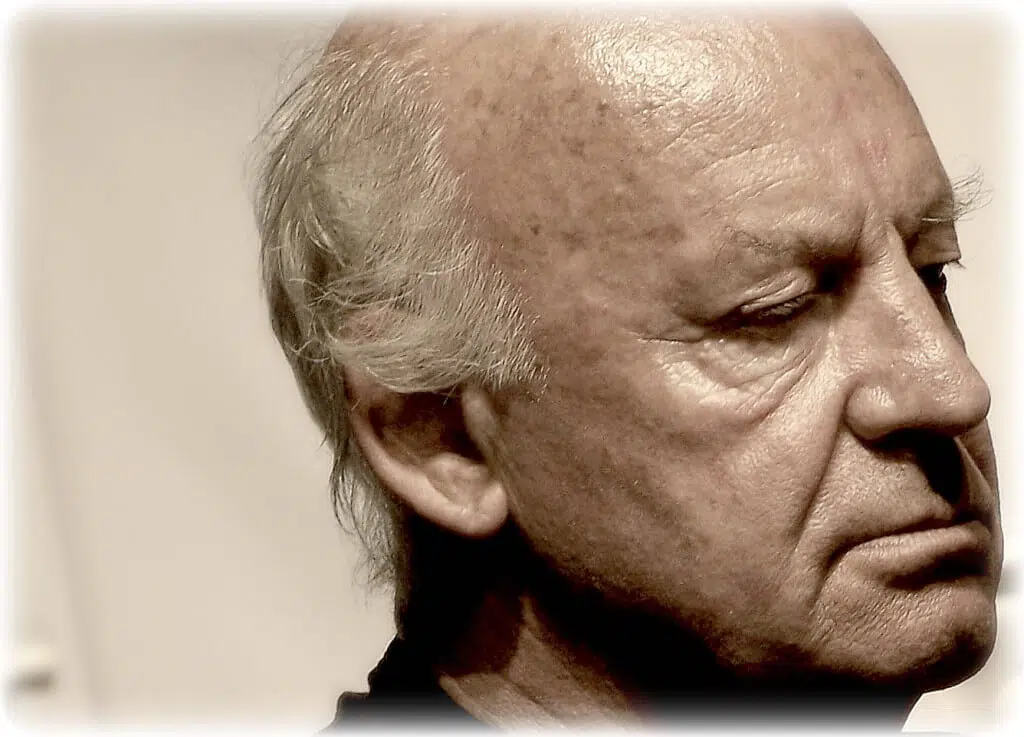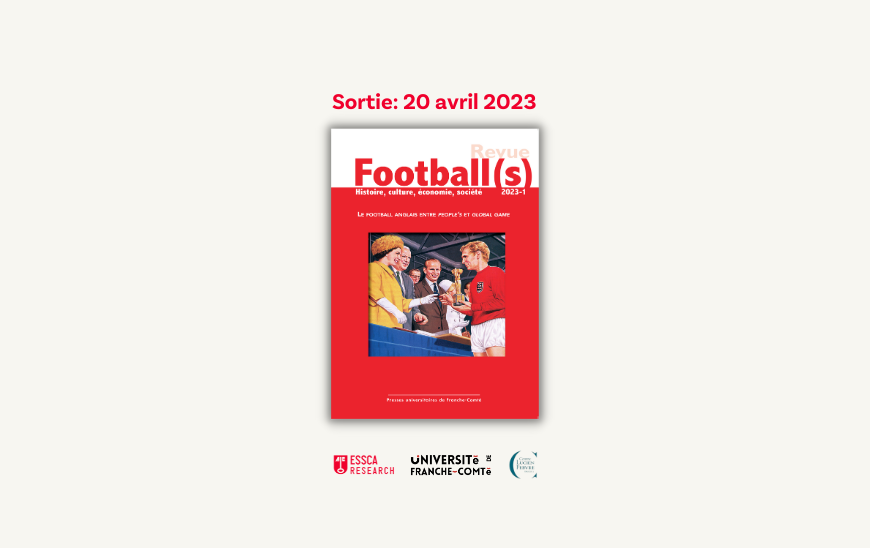
Eduardo Hughes Galeano – Photo : Daniel Zanini H., CC BY 2.0 via Wikimedia Commons
Last summer I picked up his wonderful book again. I had read it for the first time just before the 1998 World Cup in France, intrigued by its title and inhabitual tone, shaking my head in disbelief over the ridiculous title it had been given in its German version, and enjoying every single one of the short chapters, 150 brief reflexions on the “lights and shadows” of football history. It was different from the usual football books: here was not a football writer trying to adopt a poetic approach, but a real poet declaring his love to football. Reading Eduardo Galeano’s El fùtbol a sol y sombra was inspiring. It opened a whole series of unexpected possibilities: For instance: you could be a militant leftist, but still refuse to let your love of the game be tarnished by the Marxist mantra according to which football keeps the masses from thinking about their condition. You could see all the unpleasant sides of contemporary football and still see in it ‘the celebration of the eyes that watch it, and the joy of the bodies that play it’. Or: Anecdotic evidence was nothing evil! Quite the contrary: the numerous anecdotes on which Galeano hinged his thoughts taught me that the perception and narration of events, places and heroes was always more important than the pure historical fact. More: Taking poetic and even lyrical liberties when writing about football was not prohibited and could even reveal the sociocultural meanings of football in a deeper manner than ‘serious’ research analysis. Metaphors, hyperboles, literary references need not be banned from ‘serious’ analysis: If they help to understand this strange game, let them in! And most of all: I finally found a famous voice who confirmed my conviction that football memory WAS important! In his very personal afterword to El fùtbol a sol y sombra Galeano – who elsewhere declared himself ‘obsessed with remembering’ in a ‘land condemned to amnesia’ – deplored the elitist ignorance of football displayed by official history. The chapter I was looking up last summer was the one about Maradona’s ‘hand of God’, which I wanted to quote in one of my columns for Le Monde after Suarez’ vampire episode against Italy. I remembered how Galeano had explained that Maradona’s act was ‘justified’ by all the ‘historical wrongs’ the Argentinian people (like all Latin American peoples) had suffered from the hand of Europeans, and consequently expressed in my column – which I entitled ‘The Teeth of God’ – the certitude that rather than being condemned, Suarez would be excused or even celebrated in Uruguay. What a pity Eduardo Galeano will not add a chapter on Suarez to his fabulous collection. But browsing through his book again, it is actually easy to make it up in one’s head: a little letter of tenderness and forgiveness to one those underdog heroes that oscillate between sol y sombre and that make football so much bigger than the simple game it still is.
“I go about the world, hand outstretched, and in the stadiums I plead: ‘A pretty move, for the love of God.’ And when good football happens, I give thanks for the miracle and I don’t give a damn which team or country performs it.”




